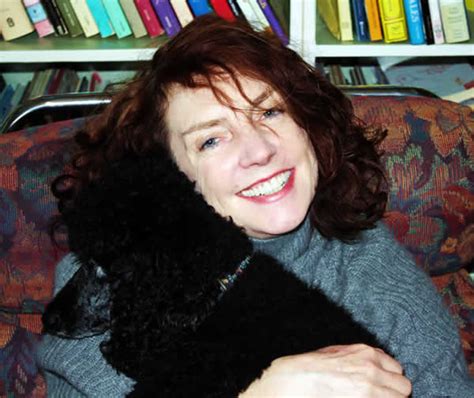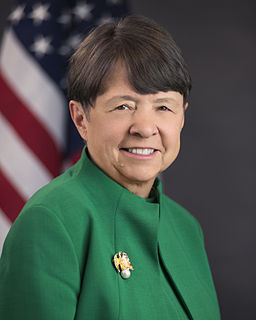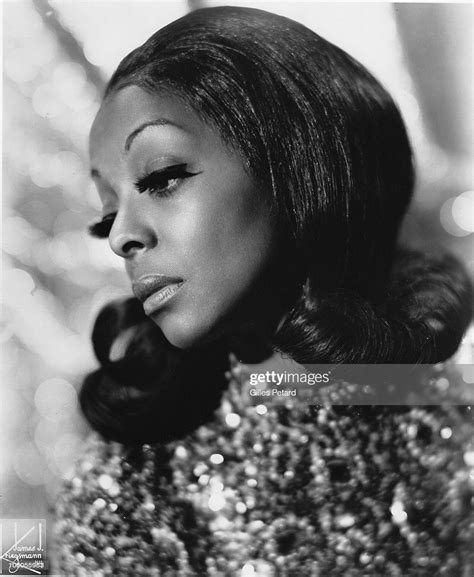A Quote by Maxine Waters
That's why investigations are so important, to drill down and to connect those dots and to get the facts. What we have is a lot of smoke that causes us to want to know more about what has happened.
Related Quotes
You can't connect the dots looking forward; you can only connect them looking backwards. So you have to trust that the dots will somehow connect in your future. You have to trust in something - your gut, destiny, life, karma, whatever. This approach has never let me down, and it has made all the difference in my life.
Again, you can't connect the dots looking forward; you can only connect them looking backwards. So you have to trust that the dots will somehow connect in your future. You have to trust in something - your gut, destiny, life, karma, whatever. This approach has never let me down, and it has made all the difference in my life.
When we were small, Rose and I used to play a game called connect the dots. I loved it. I loved drawing a line from dot number 1 to dot number 2 and so on. Most of all, I loved the moment when the chaotic sprinkle of dots resolved itself into a picture. That's what stories do. They connect the random dots of life into a picture. But it's all an illusion. Just try to connect the dots of life. You'll end up with a lunatic scribble.
I don't like realism. We already know the real facts about li[fe], most of the basic facts. I'm not interested in repeating what we already know. We know about sex, about violence, about murder, about war. All these things, by the time we're 18, we're up to here. From there on we need interpreters. We need poets. We need philosophers. We need theologians, who take the same basic facts and work with them and help us make do with those facts. Facts alone are not enough. It's interpretation.
I suppose all moms have an idea who they hope their daughters will be. Like a connect-the-dots picture where you think you know what shape it will become. But then it's the daughter who draws the lines, and she might connect the dots you didn't intend, making a whole different picture. So I've gotta trust the dots she's given me, and she's gotta trust me to draw the picture myself.
I routinely interview college students, mostly from top schools, and I notice that their brains are like old maps, with lots of blank spaces for the uncharted terrain. It's not that they lack for motivation or IQ. It's that they can't connect the dots when they don't know where the dots are in the first place.
We scientists have way too much a tendency to simplify problems. I guess it actually comes to us naturally. Take the simplest unit, separate out all the confusing, external factors. Study it. Make sure you understand it. And in psychology that means the person studying the individual. But if you want to study our social nature, if you want to study processes that will lead to war and peace, you don't learn all that much by looking at the single individual. A lot of the important things are emergent facts about us, things that you can only see when you get a lot of us interacting.































